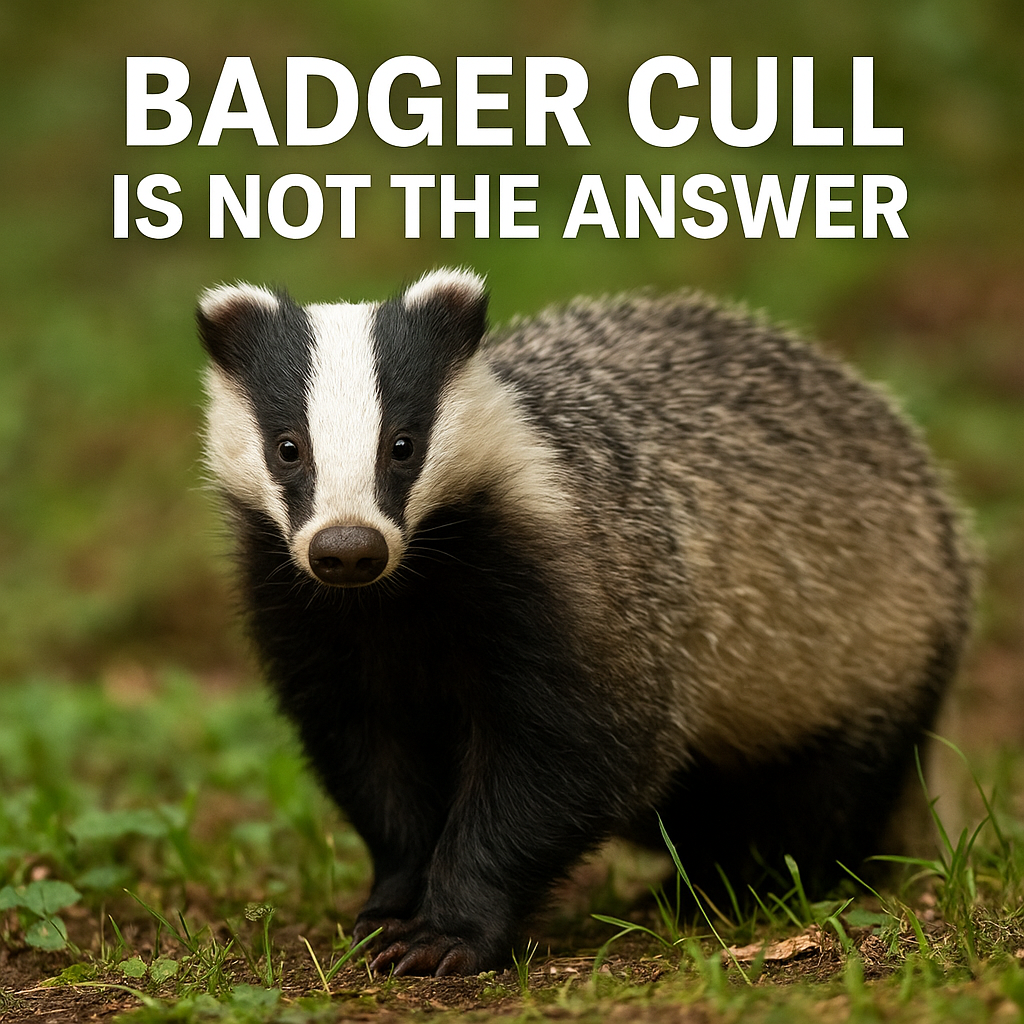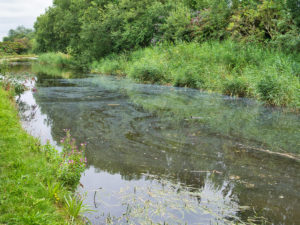A Call to Protect Nature, Not Destroy It
The UK has long taken pride in its rolling countryside, rich biodiversity, and deep-rooted appreciation for nature. Among the most iconic and beloved creatures in this landscape is the European badger (Meles meles) an animal woven into British folklore and rural identity. Yet today, the badger stands at the centre of one of the most controversial and divisive wildlife policies in modern UK history: the government-sanctioned badger cull.

First introduced in 2013, the cull was intended to reduce the spread of bovine tuberculosis (bTB), a disease that affects cattle and causes substantial economic hardship for farmers. The rationale was straightforward — since badgers can carry bTB, reducing their numbers would reduce transmission to cattle. But as years have passed and over 230,000 badgers have been killed, it has become increasingly clear that this approach is both scientifically flawed and ecologically reckless.
Numerous studies, including the government’s own Randomised Badger Culling Trial (RBCT), have shown that culling has only a limited and temporary effect on bTB rates in cattle. In fact, culling badgers can make the problem worse by disrupting their territorial groups, causing them to roam more widely and increase the risk of spreading disease. More recent research, including findings from the University of Oxford and the Zoological Society of London, supports this concern. One 2024 study even found that culling may have increased the risk of bTB in herds located near cull zones, an unintended consequence of ecological disruption.
Despite such evidence, the cull has expanded, often against the recommendations of scientists and conservationists. Organisations like The Wildlife Trusts, the Badger Trust, and the RSPCA have repeatedly warned that the policy is ineffective and unethical. The badger, once a protected species under UK law, is now being exterminated in some areas with little regard for the wider impact on ecosystems or public trust.
The methods used in the cull have also been widely criticised. Free-shooting, a common technique, is not only inhumane but can lead to prolonged suffering. There have even been cases of vaccinated badgers being shot, undermining conservation efforts and wasting public funds. All of this adds up to a deeply troubling situation: a national policy that lacks a scientific basis, damages ecosystems, and tarnishes our reputation for ethical wildlife management.
So what should we be doing instead? Thankfully, there are humane and effective alternatives. Badger vaccination is one such method. In areas like Cornwall, long-term vaccination programs have already shown measurable success, reducing the number of infected badgers from 16% to zero. Unlike culling, vaccination does not destabilise badger communities or increase their movements, meaning the spread of disease is naturally constrained.
Improving cattle testing is another vital element. Current testing regimes can miss infected animals, allowing the disease to linger undetected. More sensitive tests, better movement controls, and biosecurity measures can significantly reduce cattle-to-cattle transmission, the primary way bTB spreads. Small steps, such as keeping badgers away from feed stores and water troughs, can make a meaningful difference on farms.
The real breakthrough on the horizon is the long-anticipated cattle vaccine. After years of research and trials, it is finally within reach. A viable cattle vaccine would provide long-term protection against bTB without harming wildlife, rendering culling unnecessary and outdated. But this solution needs full governmental backing and swift deployment, along with continued investment in research, monitoring, and veterinary infrastructure.
It is time to change course. The badger cull is not only failing to deliver results, it is inflicting lasting harm. Nature should not be the scapegoat for human challenges, especially when better, science-backed strategies are within reach. Britain’s rural heritage depends not on control through killing, but on coexistence through understanding.
Ending the cull would send a powerful message: that we value evidence over fear, compassion over cruelty, and long-term solutions over political expediency. If we truly care about our countryside, our farmers, and our future, we must stop the cull and start working with nature, not against it.
The new government intends to stop the cull in the future and announced in August 2024 that a new directive was coming into force, but they will allow existing arrangements to continue until implemented, this should not happen, it needs to stop immediately. https://www.gov.uk/government/news/government-to-end-badger-cull-with-new-tb-eradication-strategy
To learn more or support the campaign to protect Britain’s badgers, visit wildlifetrusts.org/badgers.





